Top Class Actions’s website and social media posts use affiliate links. If you make a purchase using such links, we may receive a commission, but it will not result in any additional charges to you. Please review our Affiliate Link Disclosure for more information.
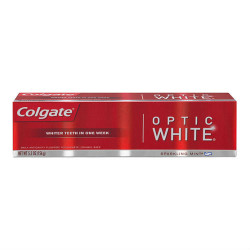
Plaintiff Lori Canale filed the latest proposed class action lawsuit in the Southern District of New York with the intent to represent a Class of consumers in 40 different states who purchased the Optic White toothpaste thinking it would “deeply whiten” their teeth.
A similar lawsuit was filed in January by a California consumer hoping to represent a Class of consumers in 10 states, and Canale hopes the entire nation would be represented under the pair of lawsuits.
The Colgate lawsuits were filed following an investigation by the Federal Trade Commission into the toothpaste ads for Optic White and Optic White Platinum brands of toothpaste. The consumers in both lawsuits allege that they did not get the tooth–whitening results that the advertisements for the toothpaste promised.
“To capitalize on consumer demand for whitening toothpaste, Colgate makes false and misleading representations about Colgate Optic White toothpaste to sell Optic White at a premium price,” the complaint reads.
The initial proposed class action lawsuit filed in California federal court against Colgate over the ads for Optic White toothpaste was filed by Jacqueline Dean in January 2015. The attorneys who are now representing Canale are also the attorneys for Dean’s proposed class action lawsuit.
The allegations in the pair of the lawsuits are similar. Both plaintiffs allege that the one percent hydrogen peroxide, the active ingredient that Colgate claims will deeply whiten teeth, needs to be applied to the tooth surface for hours, not minutes, in order to achieve a noticeable whitening effect.
Experts for the plaintiffs say that “whitening” toothpaste is not really an accurate way to describe the product. They say that toothpaste itself can only remove stains, not change tooth color, unlike whitening trays or strips that are designed to do so.
Furthermore, the plaintiffs claim that so-called “whitening” toothpastes only work by abrading the teeth, clearing away stains left by foods and beverages such as coffee, wine or berries.
The plaintiffs say that Colgate claims that its Optic toothpaste “goes beyond the surface to deeply whiten” and “Optic white toothpaste is clinically proven to whiten teeth with peroxide. It goes beyond surface stains unlike ordinary toothpaste.”
The consumers in both cases have found these claims to not be true for their personal experiences, and did not have their teeth “deeply whiten” as a result of using the toothpaste.
Canale alleges that Colgate breached both its express and implied warranties to the entire Class of consumers. She also alleges on behalf of a subclass of New York residents that Colgate violated consumer protection laws by performing deceptive acts or practices and engaging in false advertising.
Colgate tried to dismiss Dean’s earlier lawsuit in California, arguing that the content of its ads were true. The company also said that Dean failed to state a claim, and called her allegation that Optic White didn’t work to deeply whiten her teeth unsubstantiated.
Following Colgate’s motion to dismiss, a federal judge in California allowed the case to proceed in June 2015, siding with the plaintiffs. U.S. District Judge Jesus Bernal rejected Colgate’s argument that the lawsuit should be dismissed due to the pending investigation by the FTC.
In 2012, the FTC began its investigation into the ads set forth by Colgate after Proctor and Gamble launched a complaint to the National Advertising Division of the Better Business Bureau against its competitor.
As a result of the complaint, the National Advertising Division set forth a recommendation to Colgate saying it should stop its advertisements, but two years after the recommendation it found Colgate was still engaging in these advertisements.
At that time, Colgate told the National Advertising Division that it had reformulated its toothpaste. The National Advertising Division responded by sending its information to the FTC so the agency could investigate. The status of the investigation is currently unknown.
The New York Colgate Optic White Class Action Lawsuit is Lori Canale v. Colgate Palmolive Co., Case No. 7:16-cv-03308, in the U.S. District Court for the Southern District of New York.
The California Colgate Optic White Class Action Lawsuit is Jacqueline Dean v. Colgate Palmolive Co., Case No. 5:15-cv-00107, in the U. S. District Court for the Central District of California.
UPDATE: On Jan. 18, 2017, Colgate told the court that plaintiff Lori Canale’s complaint challenging the advertising statements that Optic White toothpaste “Goes Beyond Surface Stain Removal to Deeply Whiten” are not barred by federal law.
ATTORNEY ADVERTISING
Top Class Actions is a Proud Member of the American Bar Association
LEGAL INFORMATION IS NOT LEGAL ADVICE
Top Class Actions Legal Statement
©2008 – 2024 Top Class Actions® LLC
Various Trademarks held by their respective owners
This website is not intended for viewing or usage by European Union citizens.



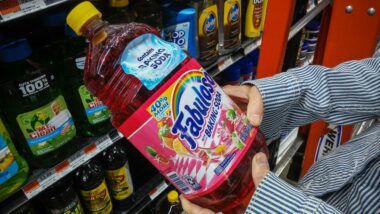
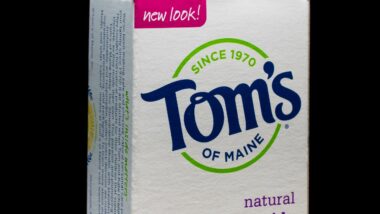


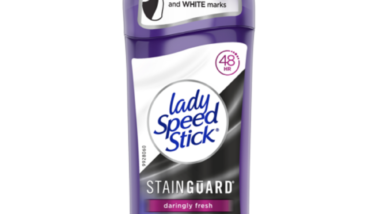
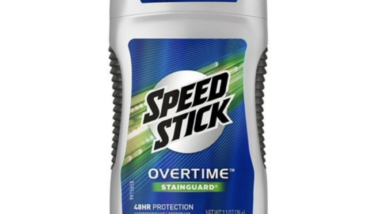
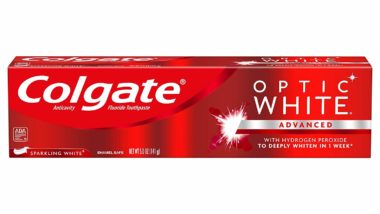
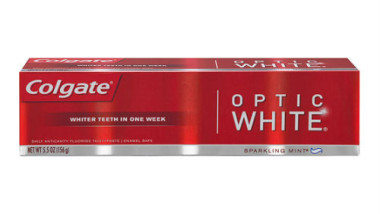


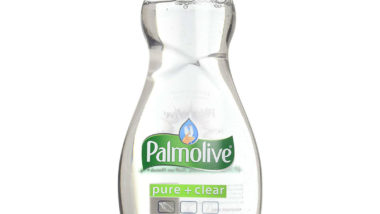
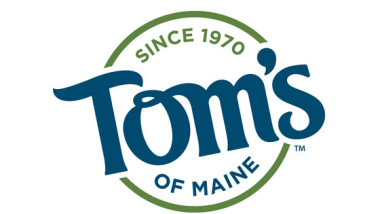
98 thoughts onColgate Class Action Challenges Whitening Toothpaste Claims
Please add me to the list
Please add me I use this product
I use this product t please add me.